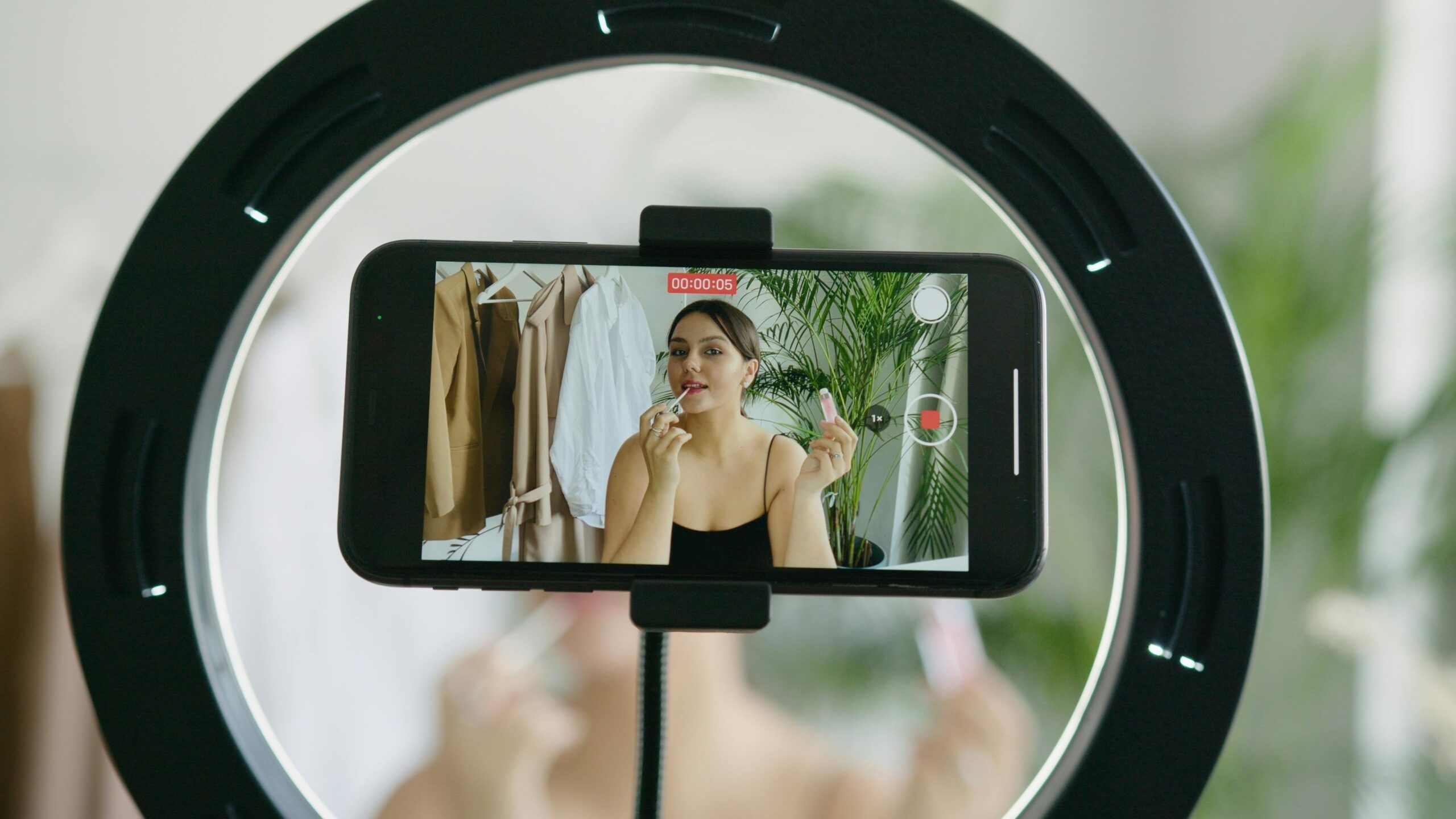Research by the Commission and consumer protection authorities shows that influencers rarely disclose commercial content.
Sweep results
- 97% posted messages with commercial content, but only 20% consistently indicated that they were advertising;
- 78% of the verified influencers were engaged in commercial activity; however, only 36% were registered as traders at national level;
- 30 % did not provide any company details in their posts, such as e-mail address, company name, postal address or registration number;
- 38% of them did not use the platform’s tags used to disclose commercial content, such as ‘paid partnership’ on Instagram; instead, these influencers opted for a different formulation, such as a simple ‘partnership’ (16%), ‘partnership’ (15%) or a generic thank you to the brand partner (11%);
- 40% of the influencers monitored made the statement visible throughout the commercial communication. 34% of influencers immediately disclosed the advertising content without the need for additional steps such as clicking on “read more” or scrolling through the text;
- 40% of influencers endorsed their own product, service or brand. 60% of them did not systematically – or at all – disclose that they were advertising;
- 44% of influencers had their own websites, through which most were able to sell directly.
Next steps
As a result of the sweep, 358 influencers have been identified for further investigation. National authorities will now contact them to request that they comply with the rules in force. If necessary, further action may be taken in accordance with national procedures.
The Commission will analyse the results of the sweep also in the light of the platforms’ legal obligations under the Digital Services Act and take the necessary enforcement action where appropriate.
Problematic business practices illustrate the importance of strong and modern legislation that is adequate to ensure digital fairness for consumers online. This is why the results of the sweep will also feed into the digital fairness adequacy check of EU consumer protection legislation, launched in spring 2022 by the European Commission. The aim of this adequacy check is to assess the problems faced by consumers in digital markets and to determine whether the applicable EU legislation is sufficient to ensure a high level of consumer protection, or whether specific changes are needed to better address these issues.
The fitness check assesses the Unfair Commercial Practices Directive, the Consumer Rights Directive and the Unfair Contract Terms Directive. It examines the adequacy of these Directives in addressing consumer protection issues such as misleading interfaces, personalisation practices, influencer marketing techniques, contract cancellations, marketing of virtual goods, addictive use of digital products, among others.

Eurobarometer: TV still main source for news but social media is gaining ground |
Context
On 17 February 2024, the Digital Services Act will enter into force across the EU for all online platforms. The Digital Services Act harmonises the obligations of all online platforms in the EU to strengthen the safety and reliability of the online space. As a result, influencers uploading content will have to declare whether such content contains commercial communications. In addition, influencers who are considered to be marketers will have to provide information to ensure their traceability before using an online platform to promote or offer their products or services. These obligations already apply to the first platforms designated as very large online platforms (such as Instagram, TikTok, Youtube, Facebook, X and Snapchat). Smaller platforms will also have to respect these rules as of 17 February.
Finally, under the Audiovisual Media Services Directive, influencers who offer audiovisual content and meet the criteria to be considered as audiovisual media service providers must comply with specific rules on audiovisual commercial communications, incitement to violence and hatred and content harmful to minors.
For example, influencers’ audiovisual commercial communications must be easily recognisable and not harmful to health or safety and the content posted must not exploit the inexperience or credulity of minors and must not unreasonably show minors in dangerous situations.
More information: European Commission







Leave a Reply